Subscribe to n10
In a world where technological powerhouses dominate the economic landscape, India finds itself at a critical crossroads. With recent changes on the global stage, including the re-election of President

In a world where technological powerhouses dominate the economic landscape, India finds itself at a critical crossroads. With recent changes on the global stage, including the re-election of President Trump, the implications for India’s future in tech and beyond are profound. As a rapidly developing nation with a massive youth population and a vibrant entrepreneurial ecosystem, India faces both unprecedented opportunities and challenges. The question we must ask is: How will these global dynamics shape our future?
1. AI: Friend or Foe for India’s Workforce?
The role of AI in reshaping industries worldwide has stirred intense debate, and India is no exception. While AI could streamline processes, its impact on labor markets could be disruptive, especially in sectors where India’s large, young workforce plays a critical role. For example, call centers and IT services—fields where India has long held a global advantage—could see massive automation that might reduce job opportunities.
To navigate this, India needs to adopt AI policies that blend innovation with worker protection. We must invest in upskilling initiatives and create programs that transition workers into new roles where human creativity and judgment are indispensable. Collaborations with tech leaders can enable India to remain competitive in an AI-driven world without sidelining its workforce.

2. American Protectionism and Its Impact on India’s Global Aspirations
President Trump’s return could signal a resurgence of protectionist policies. While America may continue to emphasize domestic production and jobs, this shift will inevitably affect Indian exports and services. Many of India’s tech giants, like Infosys and TCS, rely heavily on the US market, and new restrictions on H-1B visas or tech exports could have far-reaching consequences.
To combat this, India must expand its trade partnerships beyond the US. Strengthening ties with the EU, Africa, and ASEAN nations will help diversify risk and create new growth opportunities for India’s technology sector. At the same time, a robust “Make in India” campaign will be essential to reduce dependence on foreign markets and bolster India’s self-reliance.
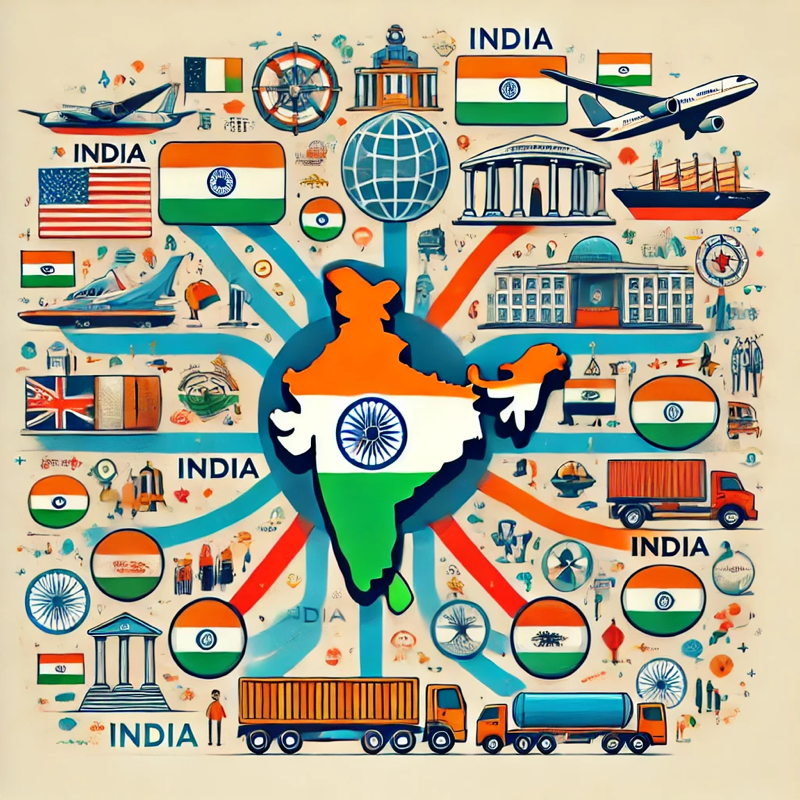
3. Social Media’s Influence: Divisive or Constructive?
India has one of the world’s largest social media user bases, but the rapid spread of misinformation and political polarization poses unique challenges. During his recent campaign, President Trump’s social media presence served as a double-edged sword, galvanizing supporters while also spreading disinformation. In India, social media plays an even larger role in shaping public opinion, from politics to consumer behavior.
To maintain a balanced digital landscape, India should regulate social media platforms with greater accountability and transparency. Enforcing stringent measures against misinformation, while ensuring freedom of speech, will create a healthier online environment. Platforms like Facebook, WhatsApp, and Twitter must be held accountable for content moderation, especially as they hold immense influence over the world’s largest democracy.

4. Data Sovereignty: Safeguarding India’s Digital Future
Data has become the most valuable asset of the digital age, and with Trump’s administration expected to focus on America-first policies, data sovereignty will become more critical for India. Currently, many US-based companies dominate India’s data ecosystem, raising concerns about data privacy and national security.
India must enact data protection laws that prioritize national interests. The Personal Data Protection Bill is a step in the right direction, but it should be strengthened to ensure that data generated within India remains within its borders unless specific requirements are met. Furthermore, developing domestic data centers and cloud services will empower India to control its digital assets without relying on foreign players.
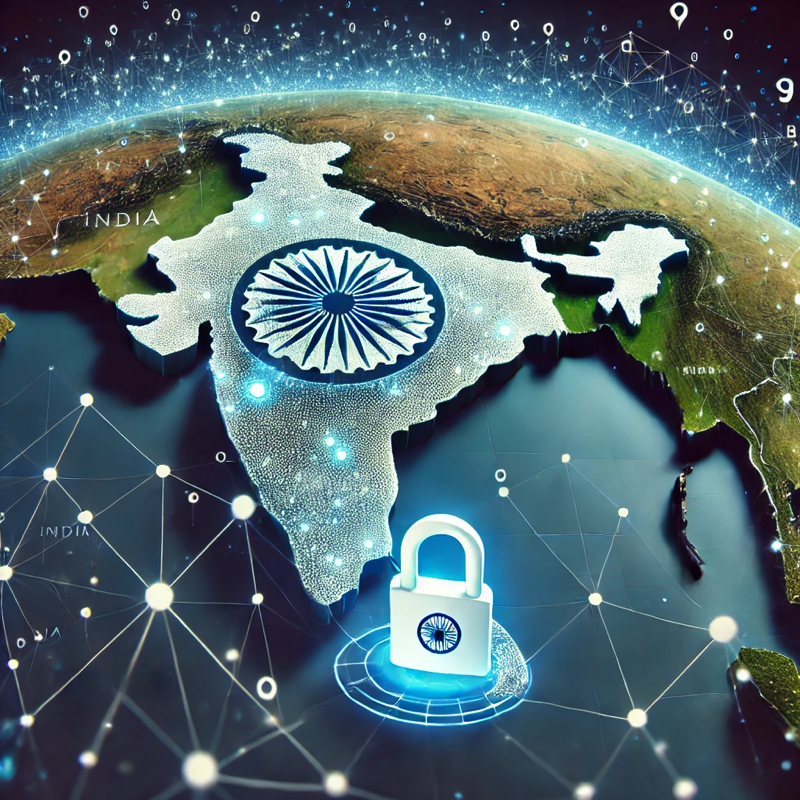
5. A Stronger Emphasis on “Make in India”
With Trump’s “America First” agenda back in focus, India must intensify its own “Make in India” initiative. We can no longer afford to be mere consumers of foreign products, especially in crucial sectors like technology, defense, and healthcare. If American tech giants become less accessible or impose restrictions, India needs to develop indigenous alternatives to ensure continuity.
Investing in local startups and encouraging R&D will be vital to achieving this goal. Policies that provide tax benefits and incentives to Indian manufacturers will make local products competitive, while the government should continue to provide platforms and funding to foster innovation within the country. Building a self-sustaining economy is not just beneficial; it’s essential for India’s long-term security and prosperity.
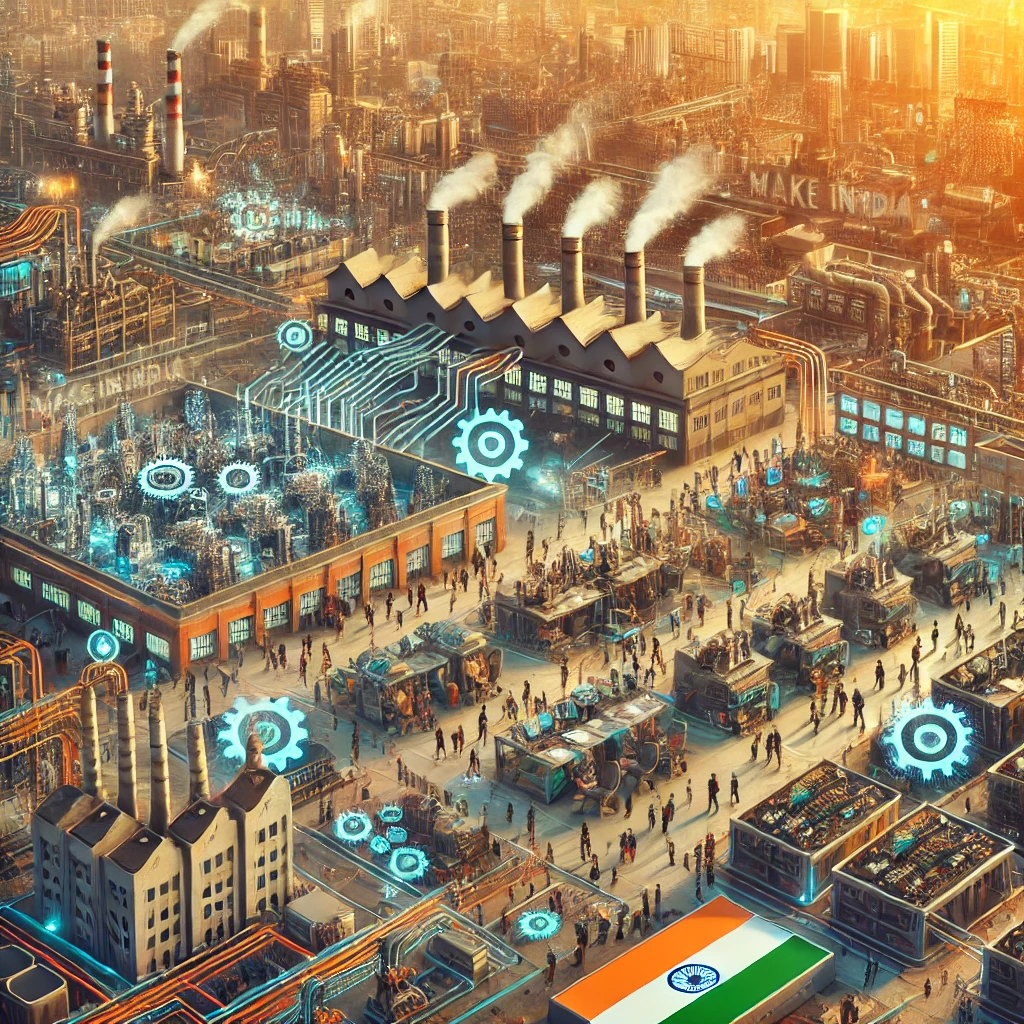
6. The Future of Electric Vehicles in India’s Urban Landscape
While the US has made strides in electric vehicle (EV) adoption, the path for India remains complex. India’s dense urban areas are ripe for EV adoption, but Trump’s policies on climate change and the environment could slow the momentum of global EV progress, making it harder for developing nations like India to adopt green technology affordably.
To address this, India must focus on building an infrastructure conducive to EV growth. Investing in charging stations, battery recycling, and renewable energy sources will make India’s EV transition smoother and more sustainable. Furthermore, collaboration with countries leading in green energy can help India access the technology and resources needed to make affordable EVs a reality.
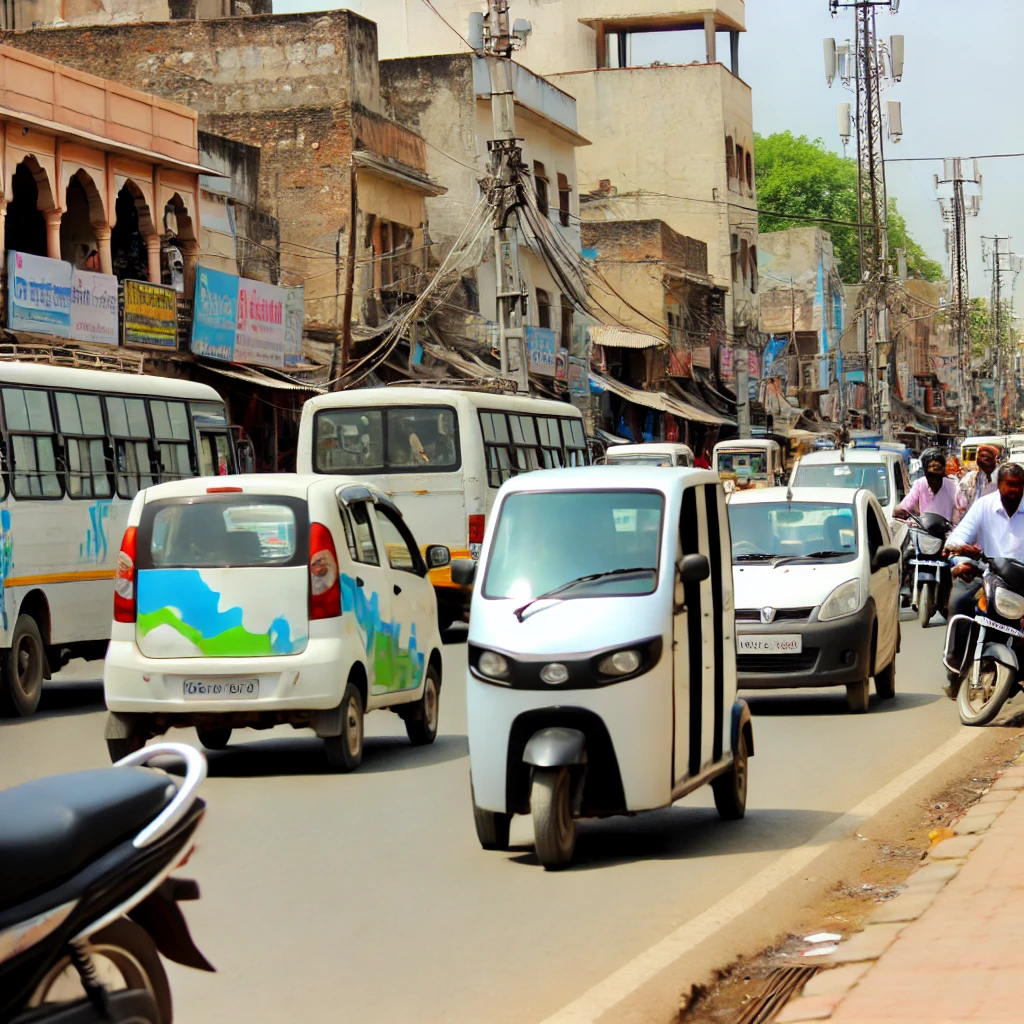
7. The Role of Digital Literacy and Workforce Reskilling
As AI and automation reshape industries, digital literacy and workforce reskilling are non-negotiable for India. Without a skilled workforce, we risk falling behind in the global economy. President Trump’s return may shift focus to automation in US manufacturing, potentially reducing the demand for certain imported services from India.
India should counterbalance this by investing in education and skills training in AI, data analytics, and other digital fields. Initiatives like the Pradhan Mantri Kaushal Vikas Yojana (PMKVY) and Skill India Mission need continued support to ensure that Indian youth are equipped for the future of work. Bridging the digital skills gap will allow India to remain competitive on a global scale, no matter the economic policies of foreign powers.

8. India’s Stand on Global Governance and Diplomacy
In the wake of President Trump’s potential foreign policy shifts, India must assert itself as a leader on the world stage. Trump’s “America First” stance will likely result in a more unilateral US approach to global issues, which could create diplomatic challenges. For India, this presents an opportunity to fill leadership gaps in organizations like the United Nations and to advocate for balanced policies on issues ranging from climate change to international trade.
India should continue to foster diplomatic relationships across the globe and actively engage in multilateral forums. This approach not only diversifies India’s strategic alliances but also strengthens its voice in shaping a more equitable world order.
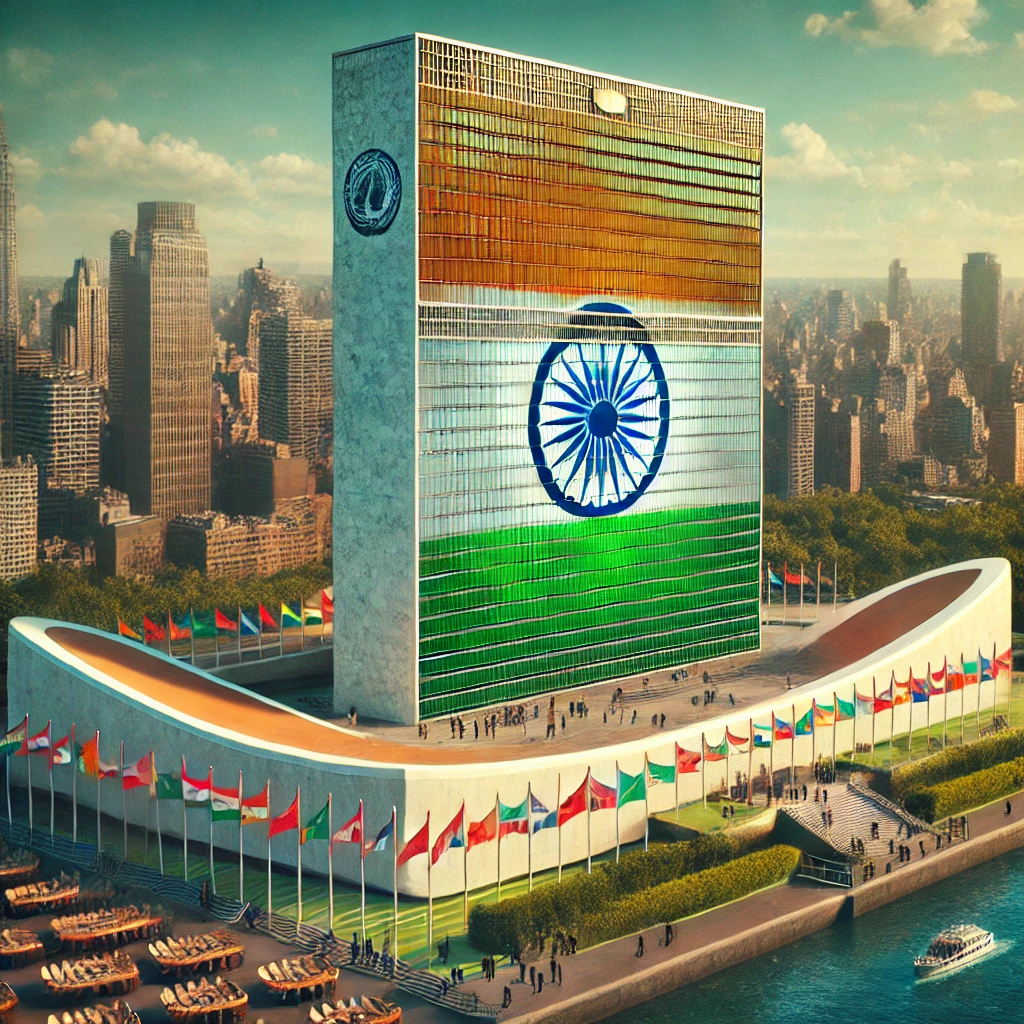
9. Reform in Tech and E-commerce Regulations
As US tech giants increase their footprint in India, there’s a pressing need to regulate e-commerce and tech platforms to safeguard Indian interests. Companies like Amazon and Walmart-owned Flipkart dominate the market, often creating unfair competition for local retailers. The government should develop policies that protect homegrown businesses while still encouraging foreign investment.
Stricter regulations on data storage, tax policies, and competition practices are needed to create a level playing field. For instance, incentivizing Indian e-commerce companies through subsidies or tax breaks could help them compete with global giants. In the long run, a strong domestic e-commerce sector will reduce India’s dependence on foreign companies, fostering a robust digital economy.

10. Balancing Digital Transformation with Cultural Preservation
With rapid digitization comes the risk of cultural erosion, as global tech influences can often override local customs. President Trump’s stance on American exceptionalism might encourage American media and tech to further permeate Indian society, potentially sidelining Indian traditions and values.
To prevent this, India must prioritize platforms and content that highlight its unique culture and heritage. Supporting local content creators, filmmakers, and developers will allow India to strengthen its digital footprint while preserving its cultural identity. Furthermore, developing an online ecosystem that reflects Indian values will provide a refreshing counterbalance to Western tech’s cultural dominance.

Conclusion: A Self-Reliant, Globally Competitive India
India stands at a pivotal moment in its history. With technological advancements reshaping industries and global power dynamics shifting, the choices we make today will determine our nation’s future. As global trends signal increasing protectionism, India has the opportunity to build a self-sustaining economy that values innovation, independence, and resilience. By prioritizing education, regulating tech and social media, and supporting homegrown industries, India can secure its place on the global stage.
As we look forward to a new era, it’s crucial for Indian policymakers, business leaders, and citizens to collaborate in shaping a future that prioritizes national interests without isolating us from global opportunities. Together, we can chart a path toward a prosperous, equitable, and technologically advanced
Writer and content creator
Log in to share your thoughts and engage with other readers.